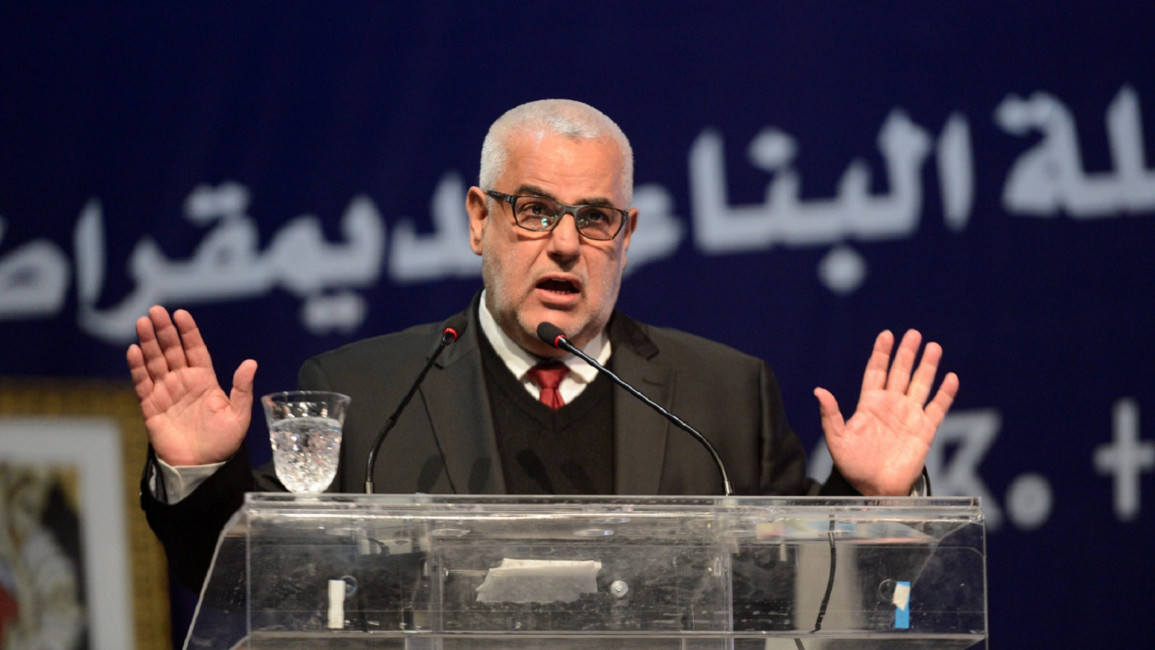German journalist who 'faked' numerous stories faces charges for soliciting Syria donations
A German journalist who was found to have made up information for numerous articles may now be charged with allegedly soliciting donations for Syrian orphans from his readers.
Award-winning reporter Claas Relotius, 33, was recently sacked by German magazine Der Spiegel after it was revealed that he had fabricated information for dozens of stories.
Relotius had most recently won an award in early December, for a story about a child in war-torn Syria.
Der Spiegel said on Sunday that its former reporter had asked readers by email from his private account for donations to be transferred to his personal bank account.
The alleged appeal followed a July 2016 article by Relotius on Syrian orphan children in Turkey. A Turkish photographer who worked with him on the piece has since noted significant inaccuracies.
Der Spiegel has said it believes Relotius may have simply made up one of the main protagonists, whom the article described as young siblings.
The magazine said it's not clear how many people donated money, how much Relotius collected, or what happened to the money. But the magazine said it will press charges and will work with prosecutors to find out the details.
Der Spiegel announced on Wednesday that Relotius, who worked first as a freelancer and later fulltime, had fabricated interviews and facts in at least 14 articles.
Among the stories containing fabrications were articles about children kidnapped by the Islamic State group, a story about a wrongfully detained Guantanamo Bay inmate, an alleged interview with the parents of American football player Colin Kaepernick.
Der Spiegel said it had immediately terminated his work contract after the journalist admitted that some of his articles included made-up material from interviews that never happened.



